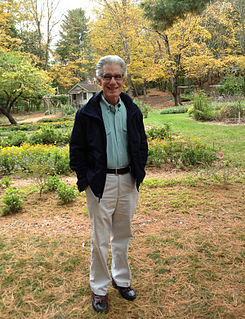A Quote by Evgeny Morozov
For many oppositional movements, the Internet, while providing the opportunity to distribute information more quickly and cheaper, may have actually made their struggle more difficult in the long run.
Related Quotes
With the internet we are facing more or less a very similar story. It does offer virtually limitless access to entertainment and for many people living in extremely depressing conditions in authoritarian states, it does provide a vehicle for getting by. For many oppositional movements, the internet, while providing the opportunity to distribute information more quickly and cheaper, may have actually made their struggle more difficult in the long run.
A young artist can become popular more quickly with the Internet providing instant access to ones work. That might lead to more opportunity and an accelerated career. But it seems as if funding may be harder to come by and filmmakers are being prompted to give away their work for free in hopes to become part of the conversation.
The advent of the internet has made so many things possible. Self- published recreational journalism has always been around; but back when you had to at least learn to run a mimeograph, and you had to pay postage to distribute your deathless prose, people who didn't actually have much to say for themselves found other hobbies
Change depends on people knowing the truth. Change depends on people speaking that truth out loud. That's what movements do. Movements educate people to the truth. They pass along information and ideas that many others do not know, and they cause them to ask questions, to challenge their own long-held beliefs. ... Movements are the way ordinary people get more freedom and justice. Movements are how we keep a check on power and those who abuse it.
More learning can occur when there are many obstacles then when thear are few or none. A life with difficult relationships, filled with obstacles and losses, presents the most opportunity for the soul's growth. You may have chosen the more difficult life so that you could accelerate your physical progress
In the long run, though, the greatest IT risk facing most companies is more prosaic than a catastrophe. It is, simply, overspending. IT may be a commodity, and its costs may fall rapidly enough to ensure that any new capabilities are quickly shared, but the very fact that it is entwined with so many business functions means that it will continue to consume a large portion of corporate spending.



































